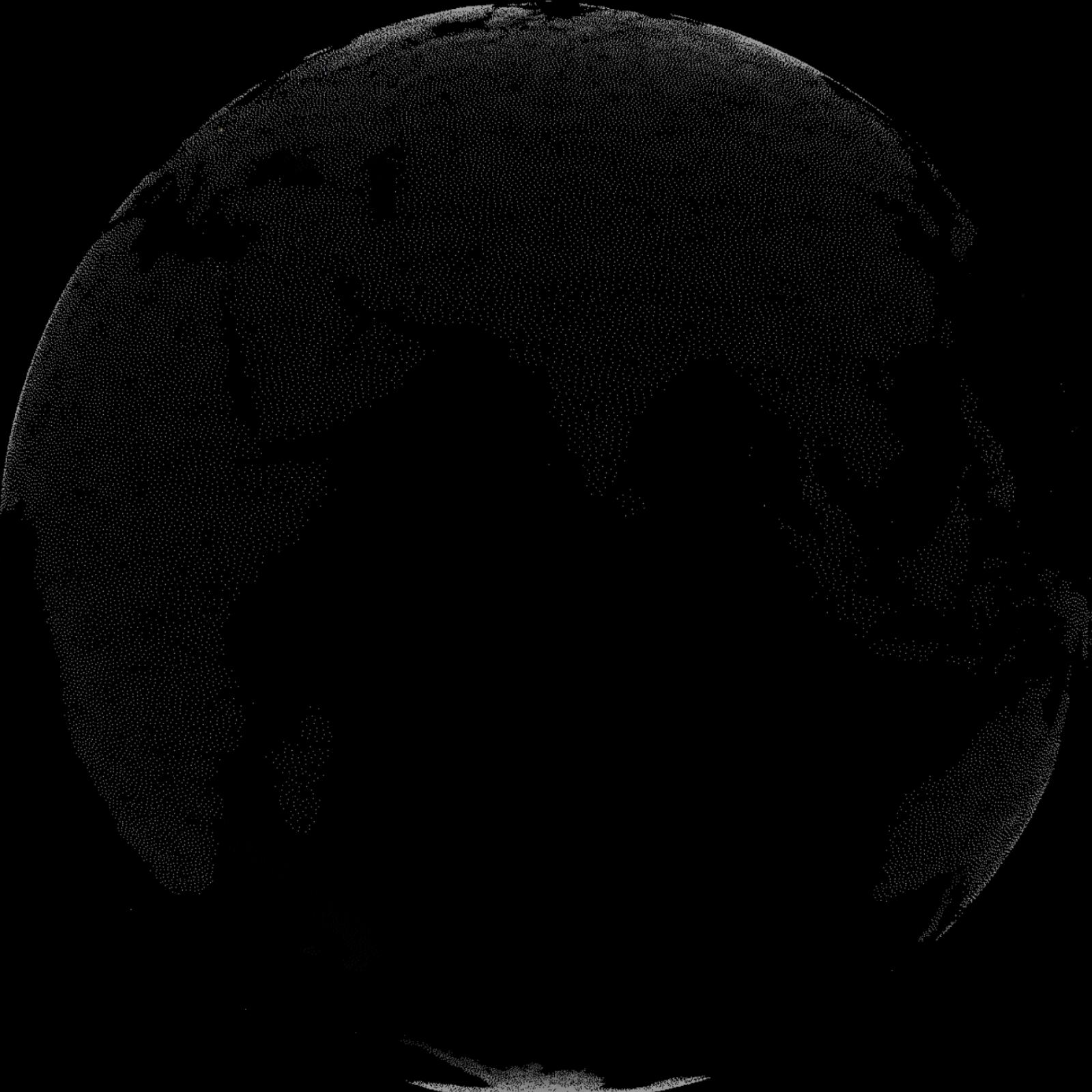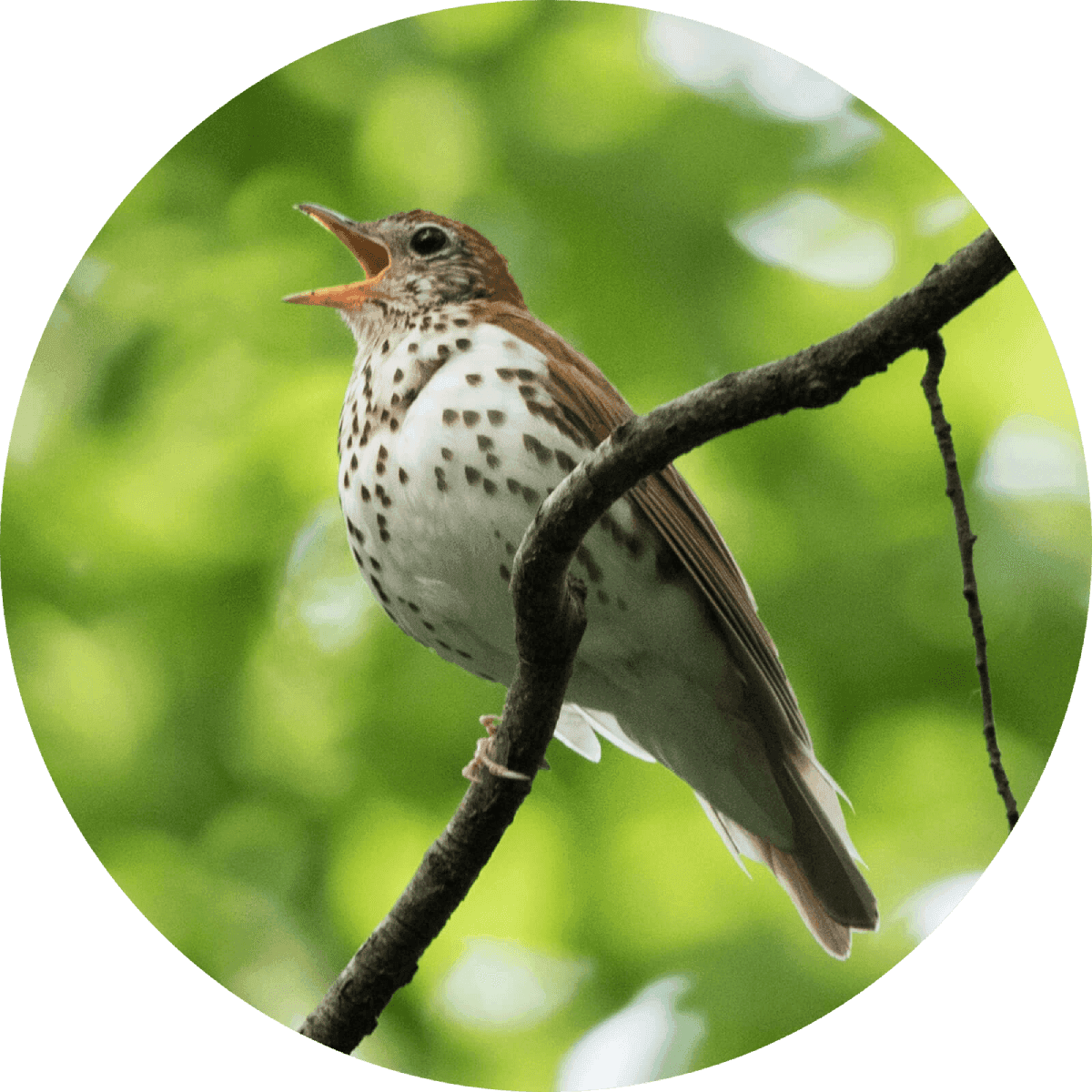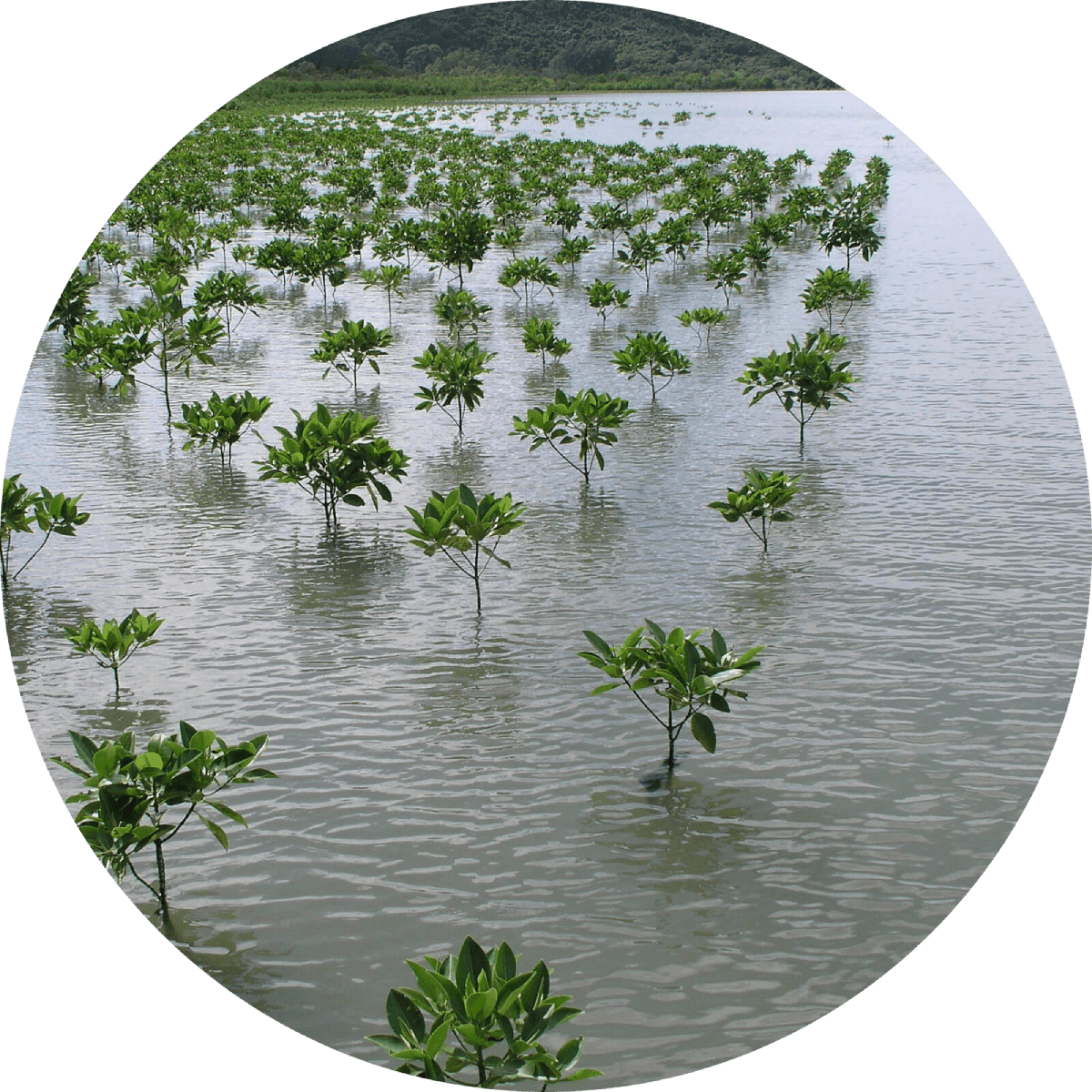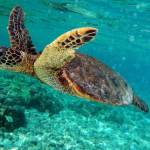Egyptian Tortoise
1994 CE • Libya
"One of the world's smallest and most endangered species of tortoises, its numbers have been whittled down by the insatiable global demand for the tiny-shelled reptiles as exotic pets. About the size of a one-pound coin at birth, and seldom exceeding 10cm in length at maturity, customs officers have found these diminutive desert creatures hidden in smugglers’ suitcases, stuffed inside toilet paper rolls, and clumsily disguised as sacks of potatoes. Thousands of Egyptian tortoises are captured and smuggled each year . . . The Egyptian tortoise (Testudo kleinmanni) historically inhabited the scrub desert and coastal dunes of North Africa . . . But not anymore. An extensive field study carried out in 1994 revealed a sizable population in Libya's Jebel Akhdar region, but failed to locate even a single wild tortoise anywhere in Egypt, its historic heartland . . . Human activities, particularly agriculture and the expansion of tourism, have stripped Egypt’s Mediterranean coast of its most suitable tortoise habitats. There is increasing competition with herders for the sparse vegetation on the land that remains . . . Man has also inadvertently introduced new predators." Rats often feed on the tiny tortoises, dogs commonly mistake them for chew toys, and ravens that have found more nesting opportunities due to development often prey on hatchlings.
Cam McGrath, "Endangered Species: The Egyptian Tortoise," Egypt Independent, December 8, 2011.
Image: Hatem Moushir, CC BY-SA 4.0, via Wikimedia Commons


Learn about Maya Lin’s fifth and final memorial: a multi-platform science based artwork that presents an ecological history of our world - past, present, and future.

Discover ecological histories and stories of former abundance, loss, and recovery on the map of memory.

Learn how we can reduce our emissions and protect and restore species and habitats – around the world.

See how art can help us rethink the problems we face, and give us hope that each one of us can make a difference.

Help make a global memorial something personal and close to home. Share your stories of the natural world.


